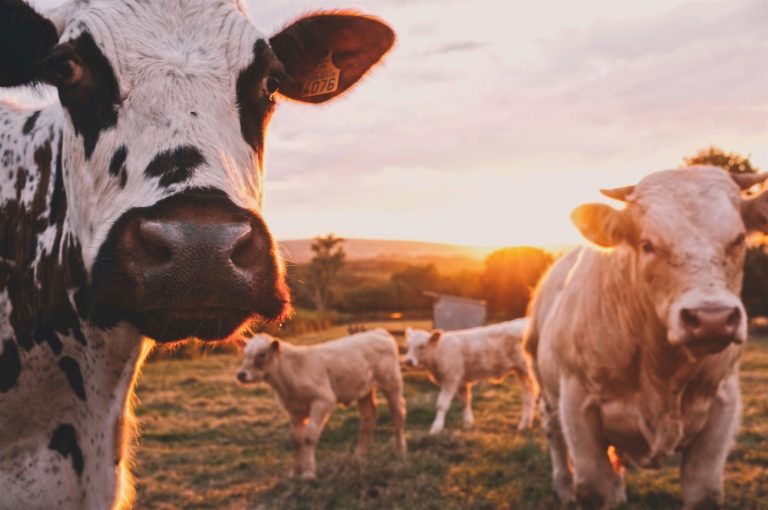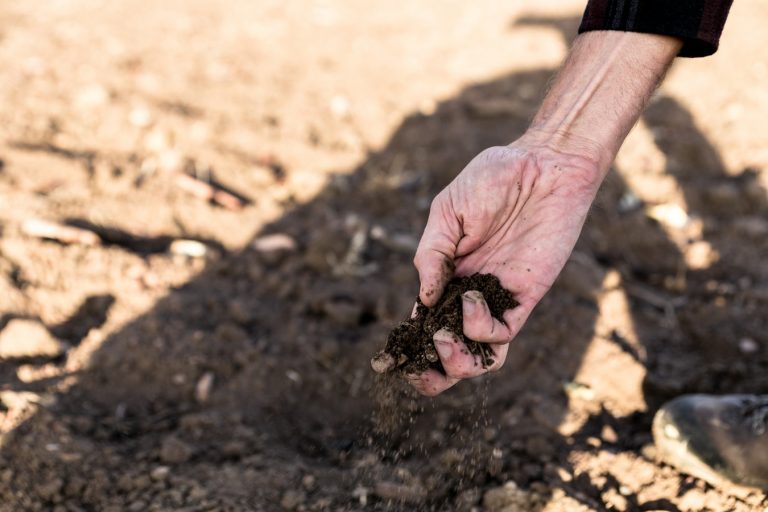There are a number of areas within farm insurance to consider if you are researching or taking out insurance. Below we have included our top 10 areas that should be looked at. Information provided here is of a general nature and should not be relied upon when purchasing a farm insurance policy rather as means of asking educated questions of your insurer.
10 Main Things You Need To Know About Farm Insurance
1. Farm property such as Sheds, Windmills, Tanks, Silos and solar pumps can be insured under miscellaneous sections such as farm improvements and unspecified machinery. However, each insurer treats them differently. Check the policy wording for the insurers definition, to make sure you have it under the correct section.
For unspecified items there is an individual and total sum insured limit. Check that the individual limit is enough for your most expensive piece of property or equipment.
2. Thinking strategically about your insurance, can save you money. Generally, insurers offer package policies and will insure everything on the one policy from Domestic homes to farm shed and machinery to private cars. Placing all business with the one insurer can give you leverage if you have a claim that is in a grey area. However, problems can occur if you have a number of claims in quick succession as the insurer loads the premium over the entire policy not just the area of claim.
This is especially true with motor vehicles. With our larger insurance clients, we recommend splitting the insurance over several insurers to limit this loading. For example, we might place all trucks with one insurer and private vehicle with another. We see it as risk managing your insurers.
Word of warning there maybe some additional benefits that you get under business interruption covers that precludes splitting of farm machinery.
3. Check that your sheds are insured for replacement cover. Some insurers will want to insure for what is called indemnity, which gives them the right to depreciate the shed based on age which causes arguments over values.
You may think have a shed insured for $20,000 but then end up arguing with the insurer over the value because it is insured for indemnity. This is particularly a problem in partial damage claims. Replacement value reduces these issues.
4. Fencing is another area that should be examined most insurers cover fencing for fire and impact by falling trees and vehicles but not by flood. We have had some heavy rainfall events that have caused considerable damage from moving bodies of water. Check your policy wording to ensure you understand the exact cover on your fencing.
5. Generally, there are two types of cover available in the market Listed/Defined events or Accidental cover. Listed events is generally the cheaper cover and is mainly limited to Fire, earthquake, lightening, impact by vehicles tress and building structures and Storm damage.
Accidental damage cover is generally better cover for contents as it provides for Australia wide cover not just restricted to the farm location and, more importantly covers you for any accidents not otherwise listed above.
6. Business interruption cover is inadequate in my opinion in comparison to what is available for other businesses. Generally, it provides money to assist farmers with agistment of stock, purchasing more feed and additional cost incurred after a claimable event .Can be useful for example, where a header goes up in flames (and is insured with the same insurer), with the costs of hiring of an additional machine or contractors to continue with harvest.
7. Personal accident sections are not available on all package policies but can be bought separately. Generally, the amount insured should be sufficient to employ someone to replace you on the farm. Not all personal accident policies are suitable for the farming industry as they want proof of income and this can be difficult when you require sufficient income to employ someone else. Check your personal accident policy has an agreed sum insured.
8. Farm Machinery can be insured as either comprehensively, in the same way we insure private vehicles or they can be insured for Listed events only (with those events generally being fire, impact or storm only). Listed events cover will generally be the cheaper of the two options. The decision about which one you do may largely be determined by value and whether it will be driven down public roads, as third-party damage cover will be required. When determining a sum insured check whether the insurer considers the sum insured for your machinery as inclusive or exclusive of GST as it may vary between insurers and you may be left out of pocket.
9. Broadacre Crop Insurance – Generally, there are two choices either preharvest or post/after harvest policies. Your yield estimates are important as they are used when settling your claim. They are especially important for post/after harvest policies. The estimates need to be a representation of what you think your actual yield is going to be at the time of harvest. Your estimated yields and values get calculated against the number of hectares in the paddock and the insurance rate to spit out a sum insured. Think of this as an agreed value, like on a motor vehicle. This will be the amount that the insurance company pays you for each paddock for fire and hail claims.
There is generally a cap placed on the insurance of around 20-25% above or below your yield estimate (the percentage is dependent on the insurer). It is effective on claims and premium calculation.
It can be hard to estimate exactly what you will yield at harvest time and so the additional 20-25% can be helpful in the event your guess is a little off. However, there is a pitfall in underestimating. If your actual yield is greater than that 20-25% of what you estimated than you will be capped at 20-25% on the estimation. Potentially leading to uninsured losses. But, you will only be charged a premium on that capped 20-25%.
It works the same for overestimating. If you have harvested less than 20-25% of your estimated yield than you will be charged at that cap, potentially paying more premium that need be.
10. Generally, the Transit insurance contained with Farm package policies only cover you in your vehicles it does not cover items being transported by transport companies.
If you are using a trailer as a fuel trailer, ensure that it is compliant and can legally be used to transport dangerous liquids on public roads. If not, you may be uninsured in the event you have to make a claim.
Get advice from an insurance broker
Remember every business is different so you should get advice from your insurance broker to get a solution tailored to your needs.
Get a quote for farm insurance
We’d be happy to talk to you about your business and what you’d need to protect it. Email us at insure@regionalins.com.au or call (08) 9301 0562 to get a free, no-obligation quotation.









